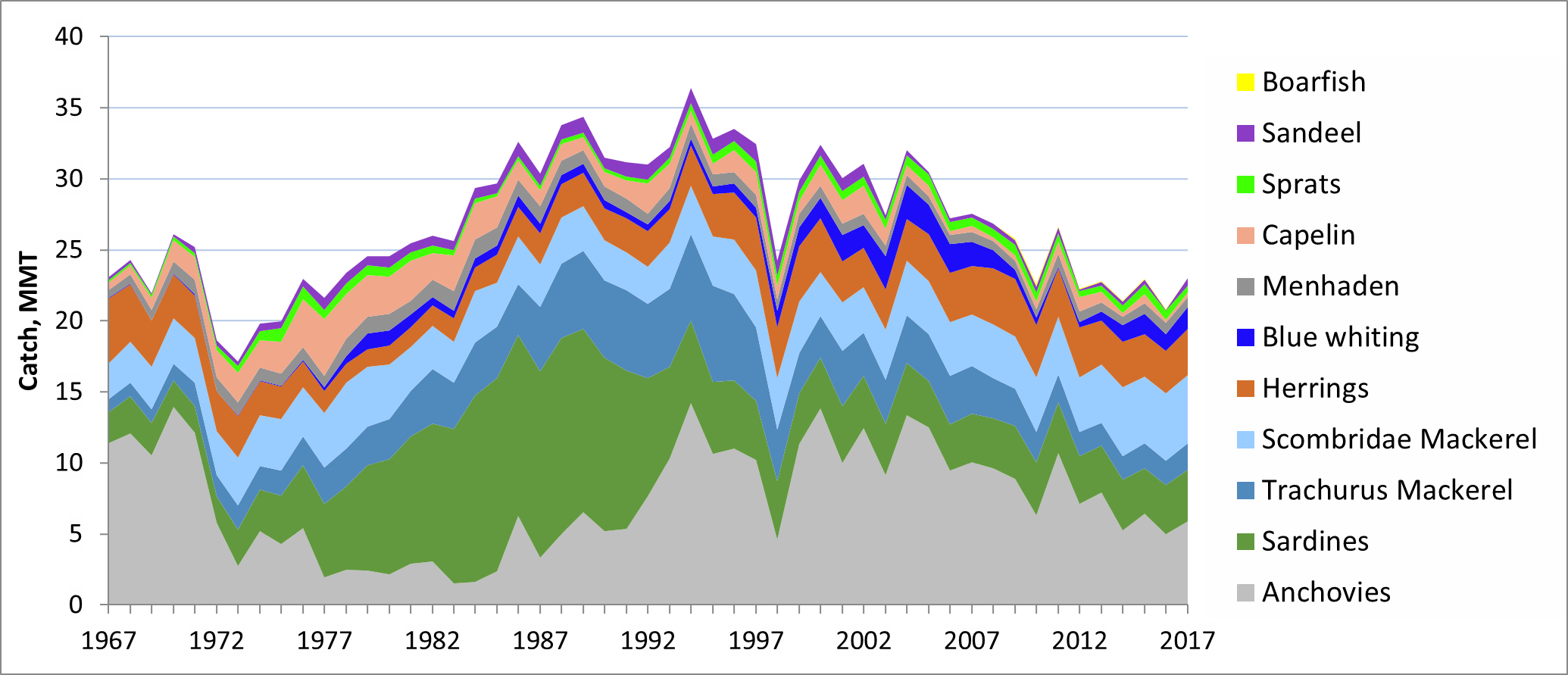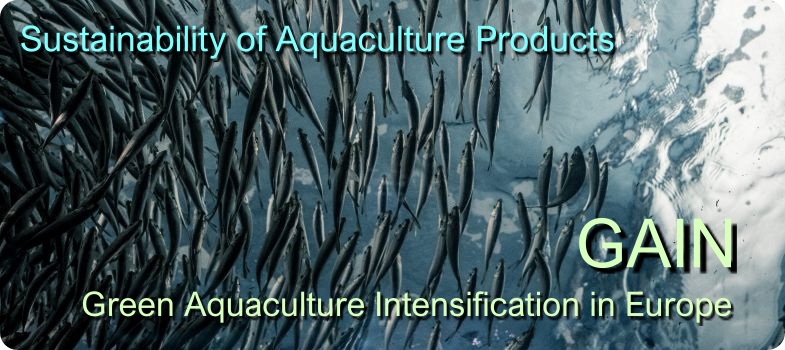Marine ingredients
The issues surrounding aquaculture’s impact on the environment are well publicised and sometimes have been sensationalised. Concerns include supply chain issues such as the procurement of raw materials for feed or local issues such as the impact on ecosystem health.
Feed supply chain issues in aquaculture have reached a critical point as competition for essential raw materials increases. Aquaculture is extremely diverse made up of different species and mixes of species within different production systems that require very varied nutrition, ranging from very extensive with no feed, fertilised systems that just rely on natural productivity to super intense systems with highly processed feeds and high levels of water quality and stock management. Most of the attention in Europe and developed nations has been on salmon, shrimp, and other carnivorous species. Historically, as these systems developed and were intensified, they required large amounts of “marine ingredients”, fishmeals and fish oils rendered from small pelagic marine fish species such as anchovies. As the intensive aquaculture industry grew during the latter part of the 20th century into the 21st century, it took an ever-larger share of the limited supply of marine ingredients available, the industry for which was already in decline due to overfishing and environmental issues such as El Nino.

Figure 1. Global catches of most important species groups for the marine ingredients industry 1967 – 2017 (FAO, 2020)
Marine ingredient inclusion has been a key consideration for assessing aquaculture sustainability so replacing marine ingredients has been a major focus for academics, NGOs, and the industry alike. However, there are potentially considerable trade-offs with substituting marine ingredients that are often overlooked. The various supply chain impacts of these trade-offs can be investigated using a Life Cycle Assessment approach which will be explained in module 3. Some of the main impact considerations are considered in the following pages.
There is also scope for improved utilization of fish processing by-products for marine ingredients and wider valorisation as discussed in the following podcast interview with Wesley Malcorps, a researcher on the GAIN project at the Institute of Aquaculture, University of Stirling.
Further details and audio-only version at: https://www.susaquastirling.net/hotfishpodcasts/episode007
See also the GAIN Course: "Valorisation of aquaculture wastes: An approach to the circular economy" which covers these issues in far more detail.
